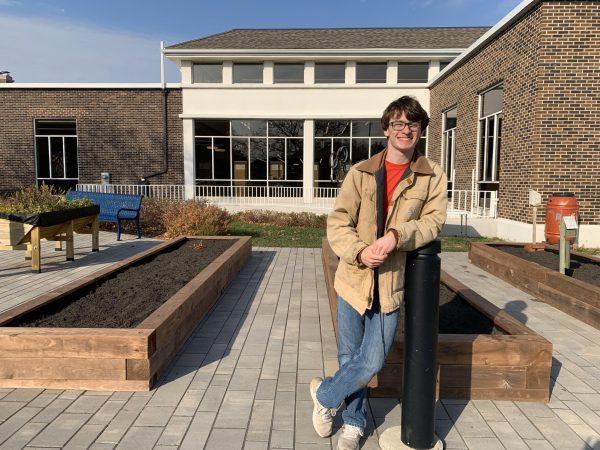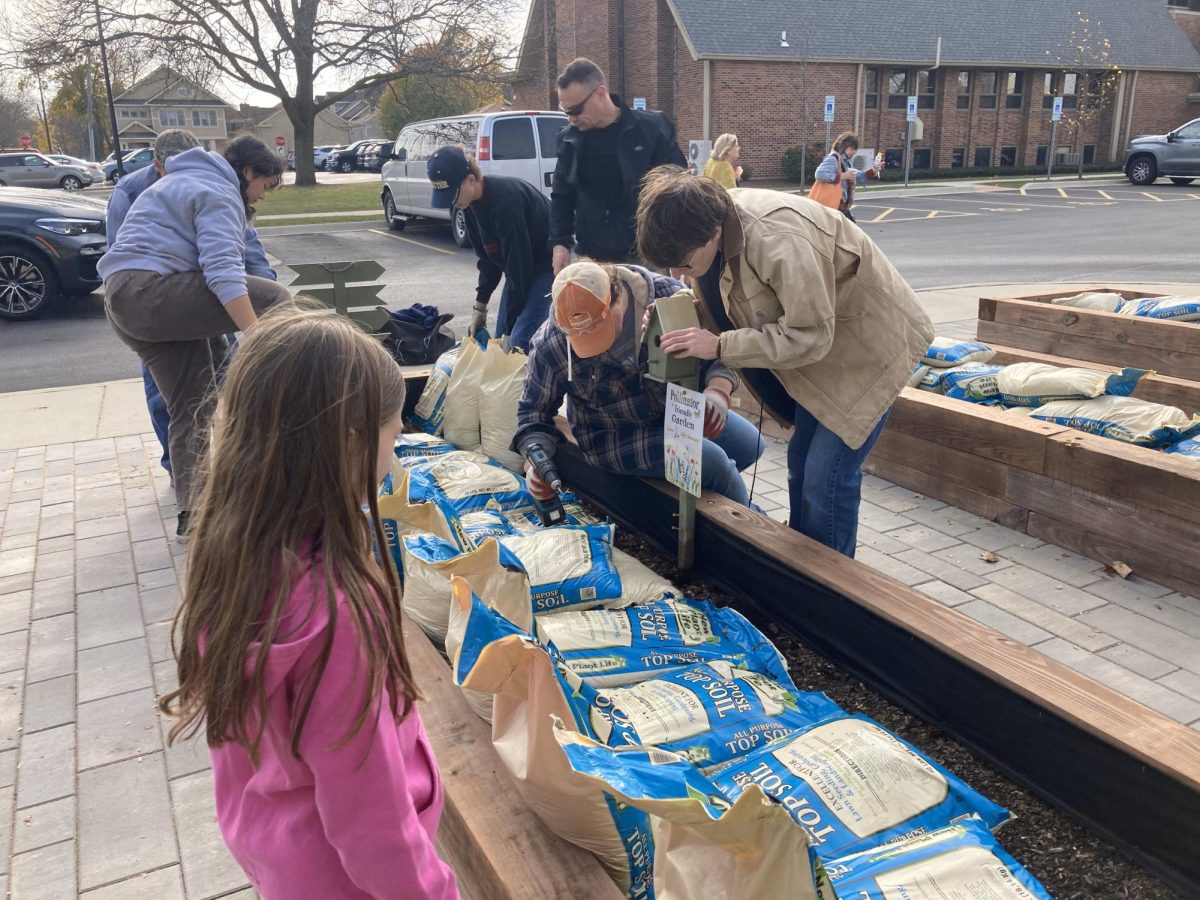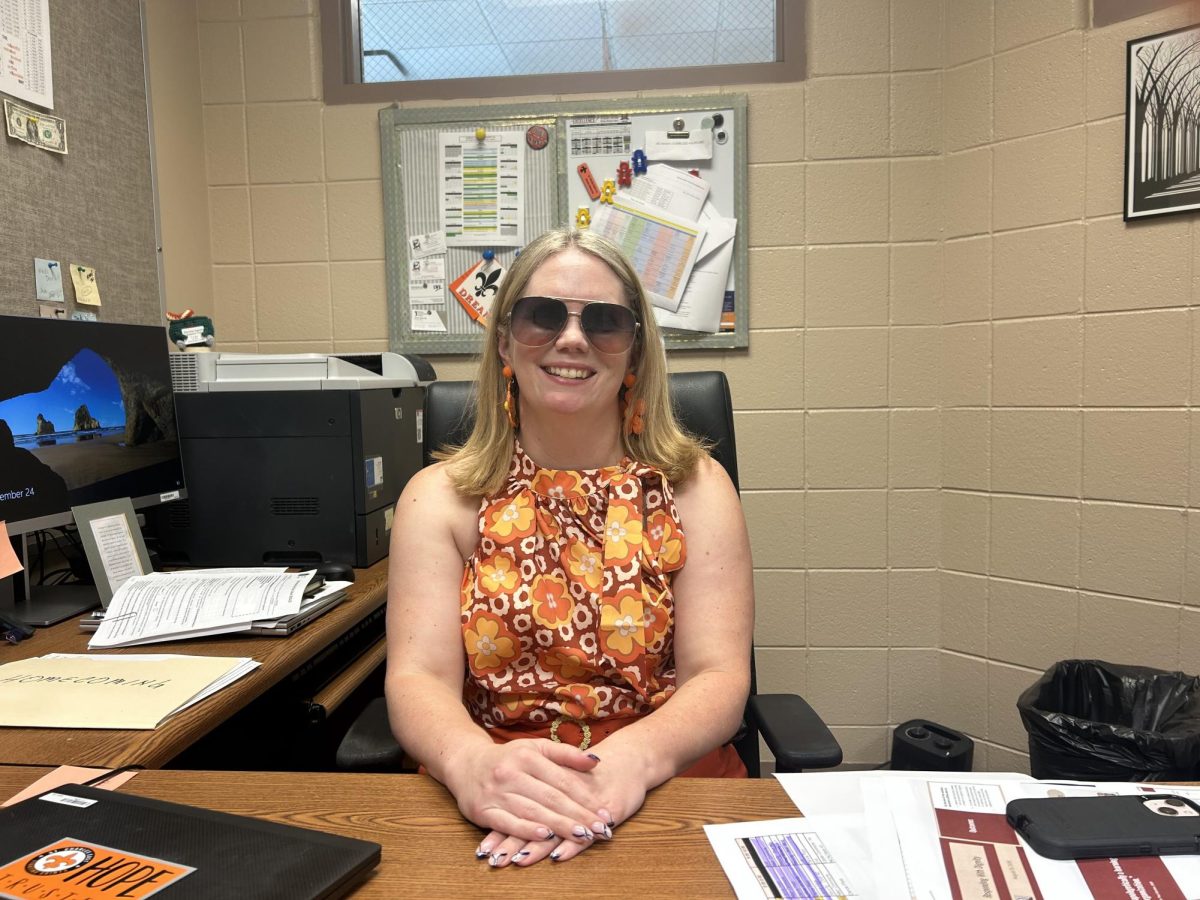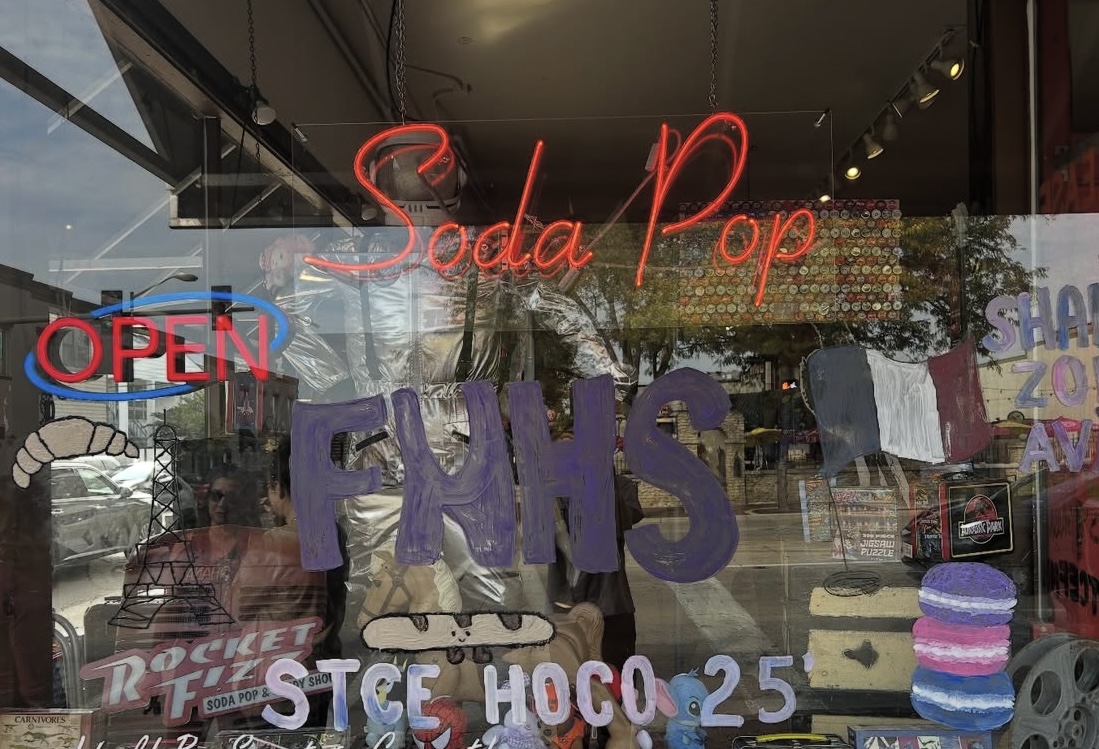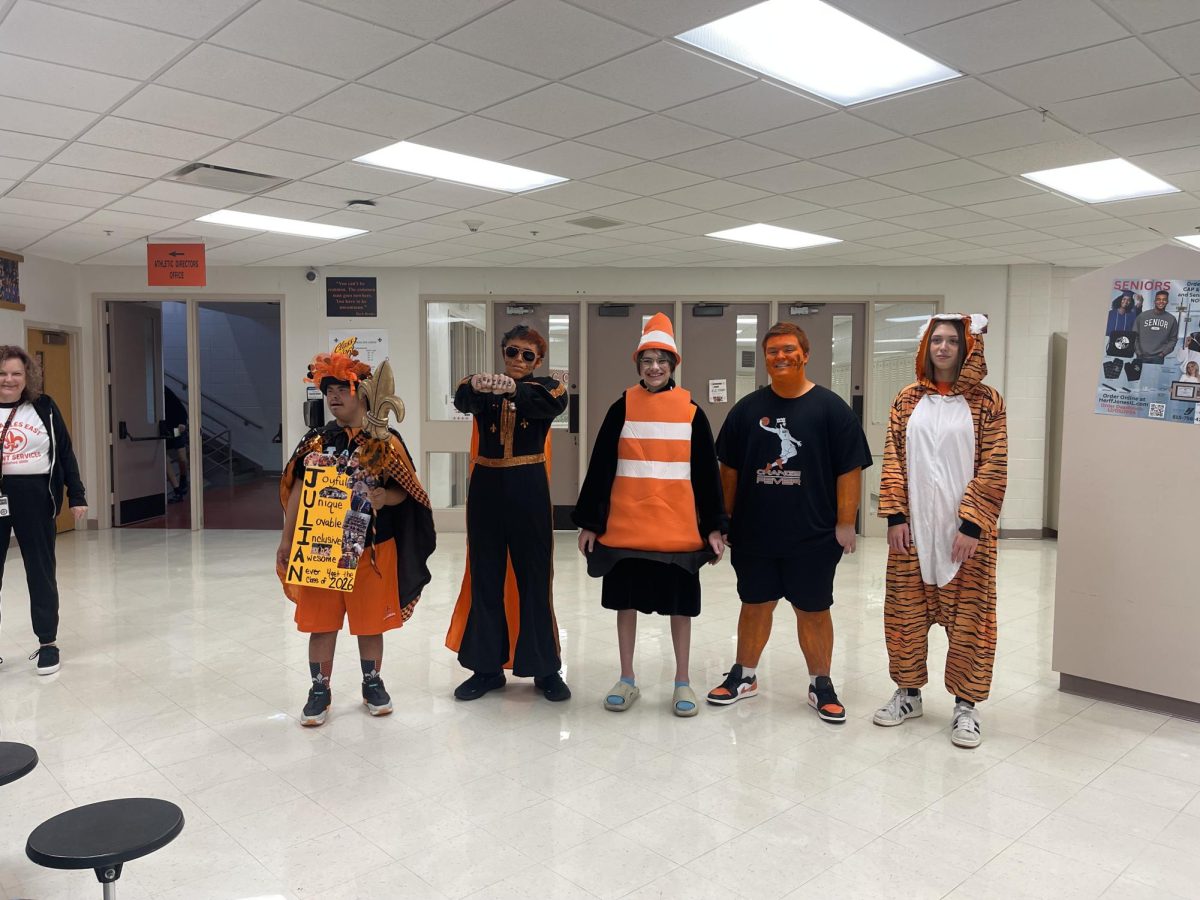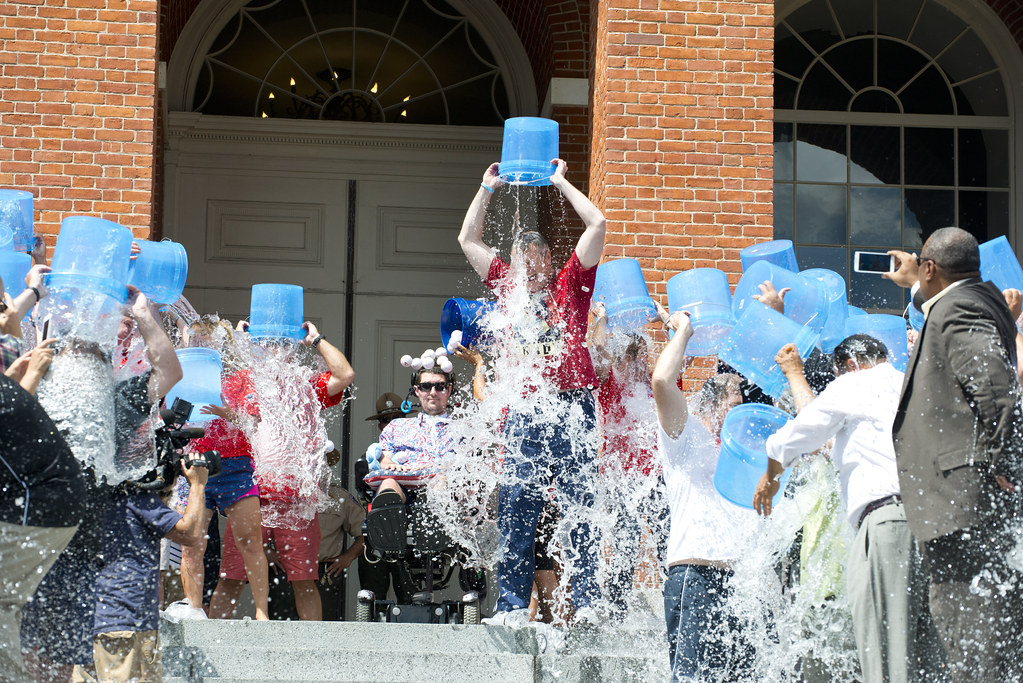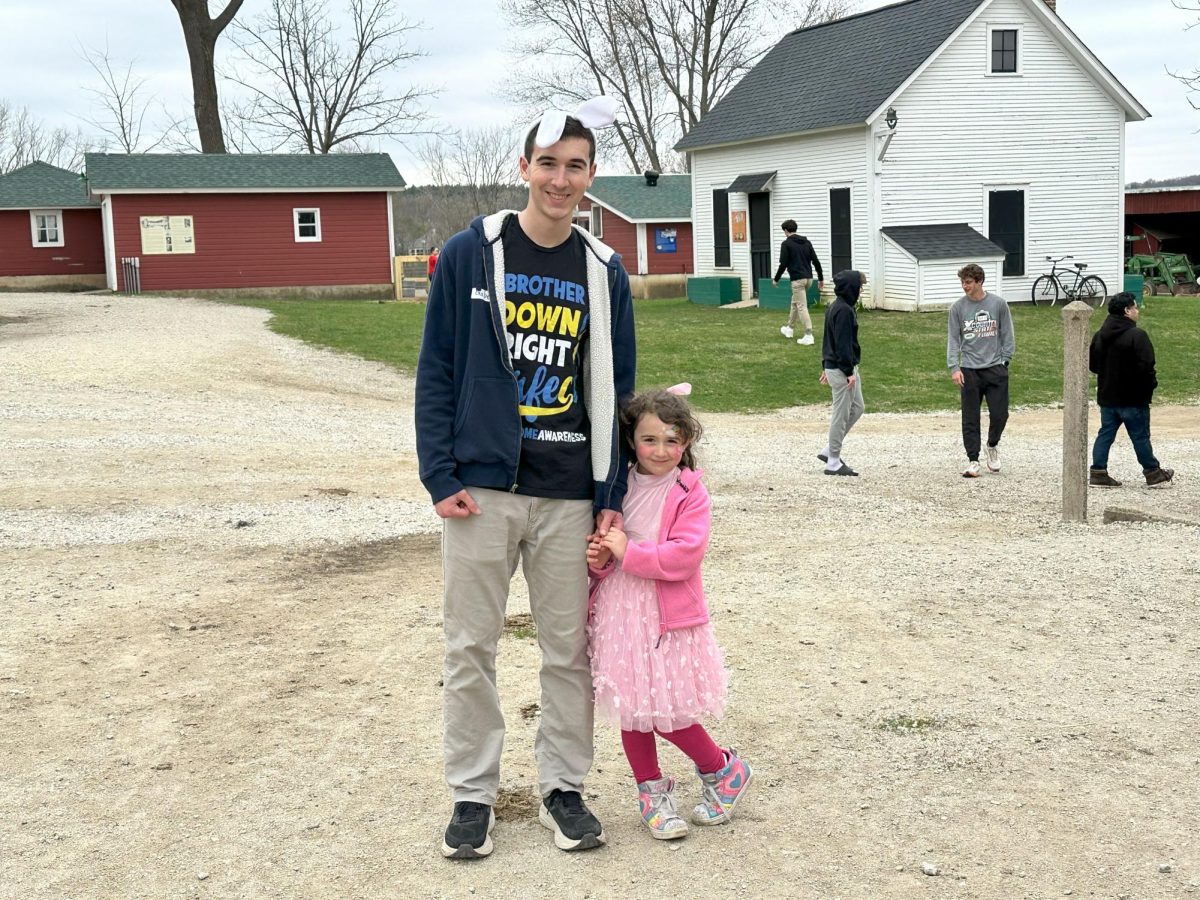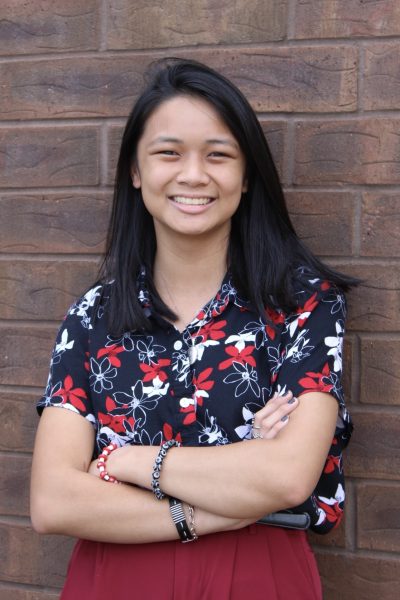Becoming an Eagle Scout wasn’t an easy journey for senior Aidan Miller.
As a Cub Scout, Miller was a self-proclaimed “super-scout.” With a vest decked out in patches and his brother as his guide, he told himself that one day, he’d earn the highest rank: becoming an Eagle Scout, an honor only four percent of Scouts receive across America and one that requires copious amounts of hard work, leadership, and most importantly of all, the organization of an Eagle Project to benefit their community.
However, his dream came to a halt once he entered the Boy Scouts. After ranking up to first class, there was nobody to hold his hand for him anymore. With the COVID-19 pandemic hitting at the same time, Miller’s Boy Scout progress stopped altogether.
Nevertheless, after joining his brother on a high-adventure trip the summer after freshman year, Miller rediscovered his passion for Boy Scouts, and as he continued to go on more trips, his passion only grew. “It was almost like a revelation,” he said. “It was probably one of the happiest times of my life.”
But there was one thing that his peers kept asking him: when he was going to get his Eagle rank. By this point, Miller admitted he was falling far behind his peers on his progress, still many ranks behind where he needed to be, and found himself not being able to provide a good answer to why he wasn’t working towards it.
“I told myself as a little guy that I’d get Eagle, [but] I never really put the work in,” said Miller. “So, I decided after that trip, what if I did put the work in? Would I be able to do it?”
After meeting with his patrol advisor and getting the green light, Miller decided he would set his mind to getting his Eagle rank and has been working towards that goal ever since November of his junior year.
Today, Miller is working towards the final part of that goal: completing his Eagle Project. Originally, Miller wanted to partner with the St. Charles East Athletic Department to build a shed at the school, but he eventually reached out to the St. Charles Public Library who said that they could use help building a community pantry. They noted how many local pantries in the community are hard to access without a recommendation, with poor hours and with the embarrassment that may come with having to go to a shelter to ask for food. Their solution was to build a community pantry that was more accessible and less embarrassing for those in need to pick up food, and Miller was instantly up for the challenge.
Miller’s project required building a safe and adjustable six6-foot-tall shelving unit to serve as a pantry in the library, designing a sign for the pantry, organizing a food drive to stock the pantry and raising the library’s garden beds to make enough root space for food plants.
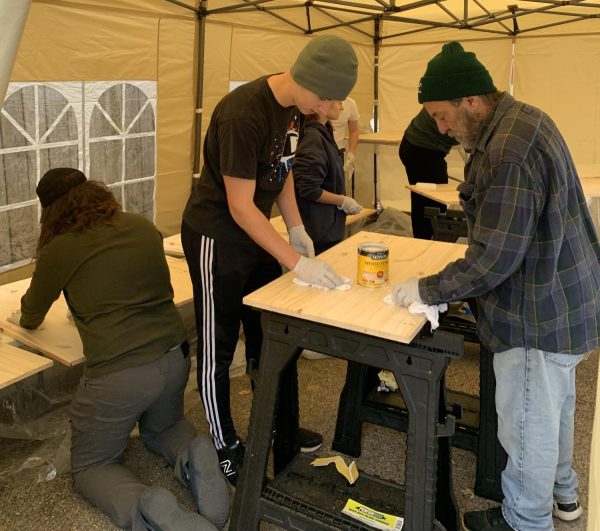
After getting his designs approved and purchasing the materials, Miller led volunteers through three build days on Nov. 17, 23 and 24. The first build day required raising the garden beds’ soil, and the second was dedicated to painting and sanding the wood to be used on the third day in which the pantry was assembled.
The biggest challenge for Miller was his lack of experience with woodworking going into the project. Completing a large build didn’t come without mistakes, many of which required copious redesigns, no matter how carefully he seemed to measure.
However, Miller said that the highlight of the project was the number of people who came out to support and help him, including his family, friends and fellow Scouts. “They didn’t have to, they didn’t have to at all, but they did anyways, and I really appreciate that they took the time out of their day to come help, because it made it go a lot quicker,” he said.
The last steps for Miller are working on final touch-ups before installing the pantry, collecting non-perishable food to stock it, getting more leadership and reference letters, writing a personal statement and being reviewed by Scout Leaders before his Court of Honor ceremony where he will obtain the Eagle rank.
Miller hopes that people will take advantage of the pantry and that it will have a positive impact on the community. “The best Eagle Projects are the ones that, 30 years down the line, people are still using,” said Miller. “So I really hope that when I’m an adult and I go back into the library, [I hope] I can still see that cabinet with the food in there and know that people have been using it and that I made a difference in some people’s lives.”
Miller encouraged any students thinking about helping their community to get up and do so, especially high school Scouts who haven’t begun their Eagle Project yet. However, Miller stressed that you don’t need to be a Scout, in a club or in an honors society to help out. If you’re looking for a place to start, Miller recommended contacting organizations such as the St. Charles Park District or St. Charles Public Library and asking them what they need help with because they often have lots of things they’d like to do.
“Make the community a better place because you’re gonna feel great from doing it, […] it’s gonna inspire other people to go out and help the community, [and] it’s gonna make so many people’s lives so much better,” Miller said. “So if you have the opportunity, please go out, make your own project and make a difference.”
